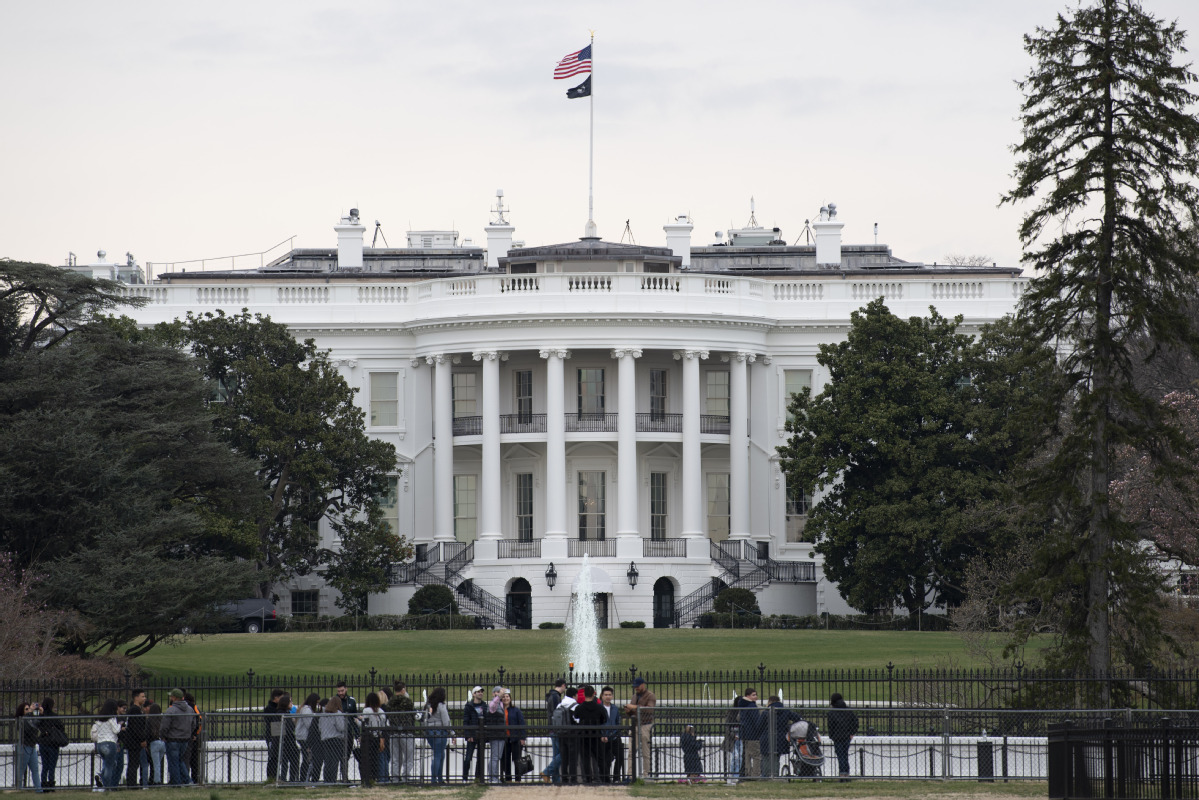US tactics on chips sharpen fears of bias
By LIA ZHU in San Francisco | China Daily Global | Updated: 2021-10-28 09:59

Request for supply data seen as way to put foreign companies at disadvantage
Concerns are growing among international players in the semiconductor supply chain that compliance with a US request to provide the government with data may put foreign companies at a disadvantage to domestic ones.
More voices against the move by the United States have been raised as the deadline for providing the requested data draws nearer.
Last month, the US Commerce Department asked major semiconductor manufacturers and buyers, including Taiwan Semiconductor Manufacturing Company, or TSMC, Samsung, Intel and Apple, to provide information on inventories and sales of chips by Nov 8 in an effort to address a shortage of chips that has hurt many industries.
The Commerce Department said it may make the voluntary request compulsory if it is not satisfied with the number and quality of responses. Commerce Secretary Gina Raimondo said earlier that she might invoke the Defense Production Act to force the companies to comply.
According to a report by China Times published on Saturday, TSMC, the world's biggest chipmaker, had agreed to hand over the requested data by the deadline. Other companies are expected to follow suit.
This move by the US is a "strong-armed unethical outrage", said George Koo, a retired business adviser on China strategies in Silicon Valley. It is an attempt by the administration of US President Joe Biden to favor the domestic industry through policies and financial subsidies, he said.
Chen Xi, an academic committee member at Peking University's Institute for Global Cooperation and Understanding, said the tactic will help the US to create jobs at home, acquire international companies in a precise manner, and facilitate the imposition of sanctions on key Chinese companies.
"The only way to achieve these things is through identifying key costs," Chen told the South China Morning Post.
Koo told China Daily that TSMC, by disclosing the key information on the supply chain, will no doubt see its position in the industry diminished. The company will not be able to collaborate in the manner it used to and will only be able to serve its customers in China with great difficulty, he said.
Largest market
Koo said that Washington "doesn't seem to appreciate that by cutting China off, American companies will be deprived of access to the largest market in the world".
The worldwide shortage of chips is hurting a wide range of industrial sectors, with carmakers particularly hard hit. The Commerce Department said the measure to request the chip supply chain data is aimed at improving transparency and identifying where the bottlenecks exist.
But Koo said the economic consequences brought by the chip shortages have given the Biden administration "the excuse to take unprecedented action".
The semiconductor industry used to be "a virtuous circle", in which all participants won, said Koo, but it's been made "vicious "now by the Commerce Department's request. He called it "a lose-lose proposition".
He cited the example of Apple to explain the "virtuous arrangement".Apple took its designs to TSMC and assembled its chipsets into iPhones, iPads and computers in China, and enjoyed worldwide sales.
In the statement announcing the request for chip supply information, the White House said the long-term solution to the supply problems is to increase investments in the domestic semiconductor industry.
It urged Congress to support the so-called China competition bill, which would allocate $52 billion to fund the CHIPS for America Act. The act would provide incentives to companies that make high-end microchips in the US.
"It's not at all certain that Intel can catch up to TSMC thanks to Washington's assistance. Besides policy and financial subsidy, doing so will also require people with motivation and skillsets. In that respect, China far outnumbers the US," said Koo.
























